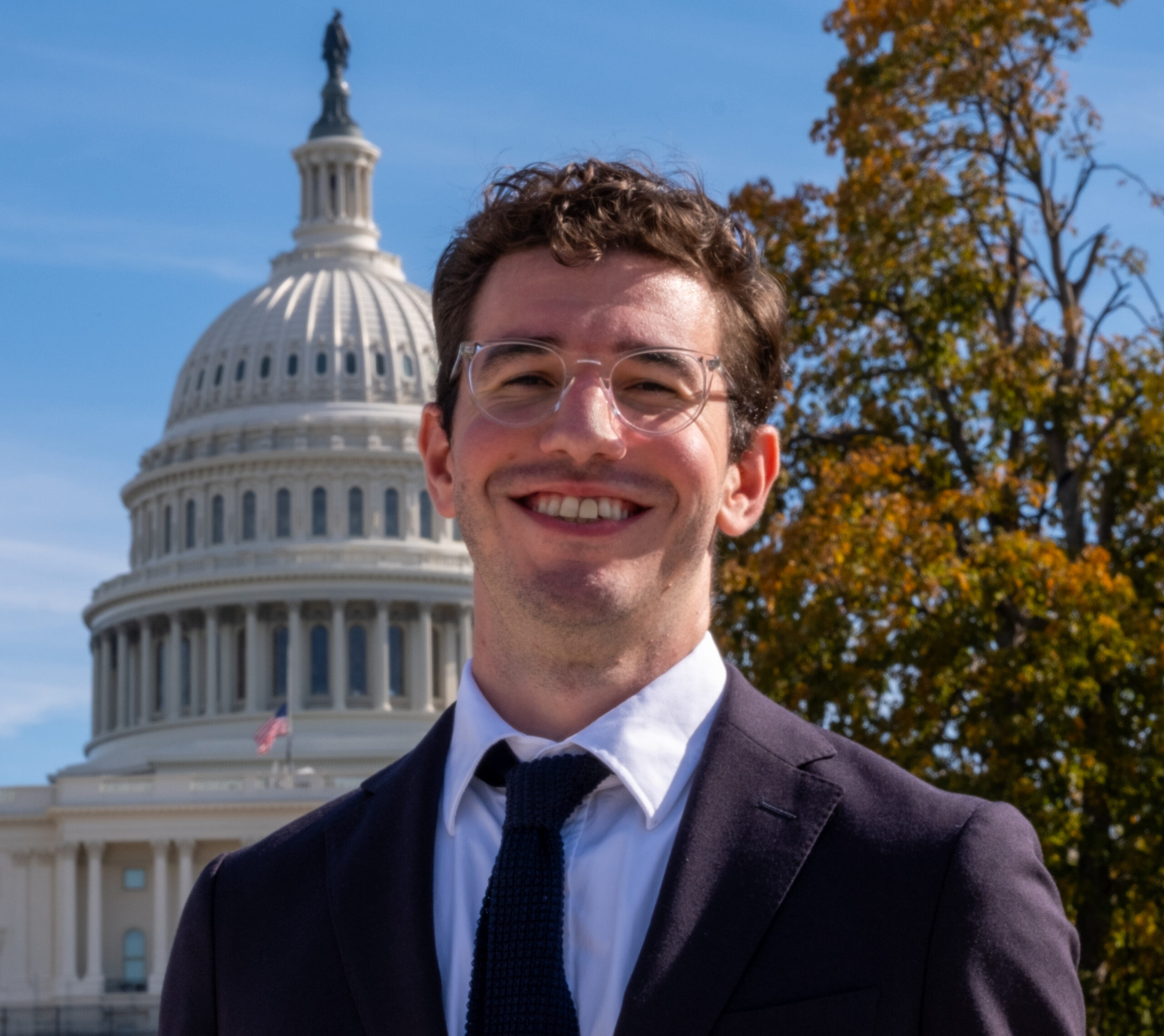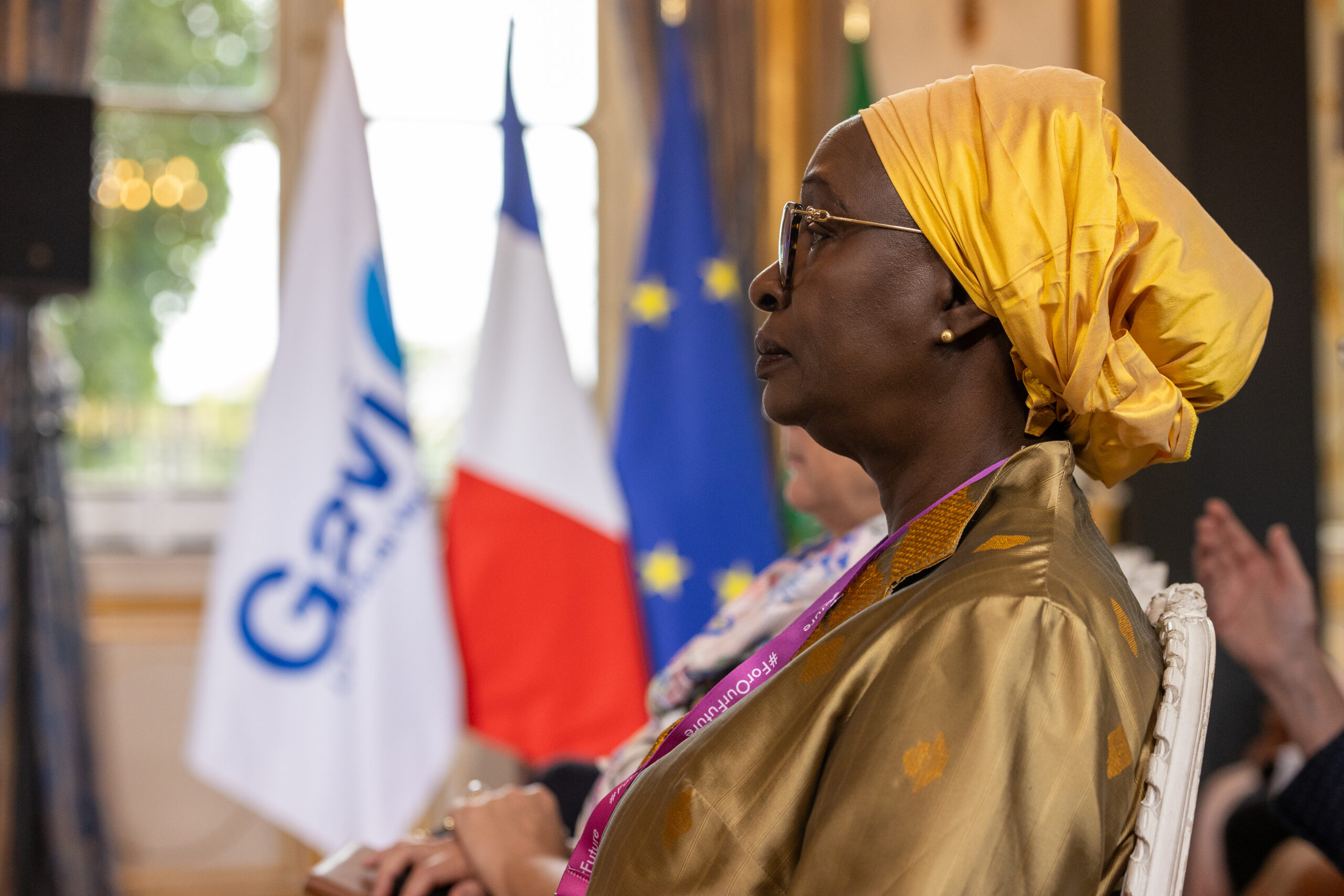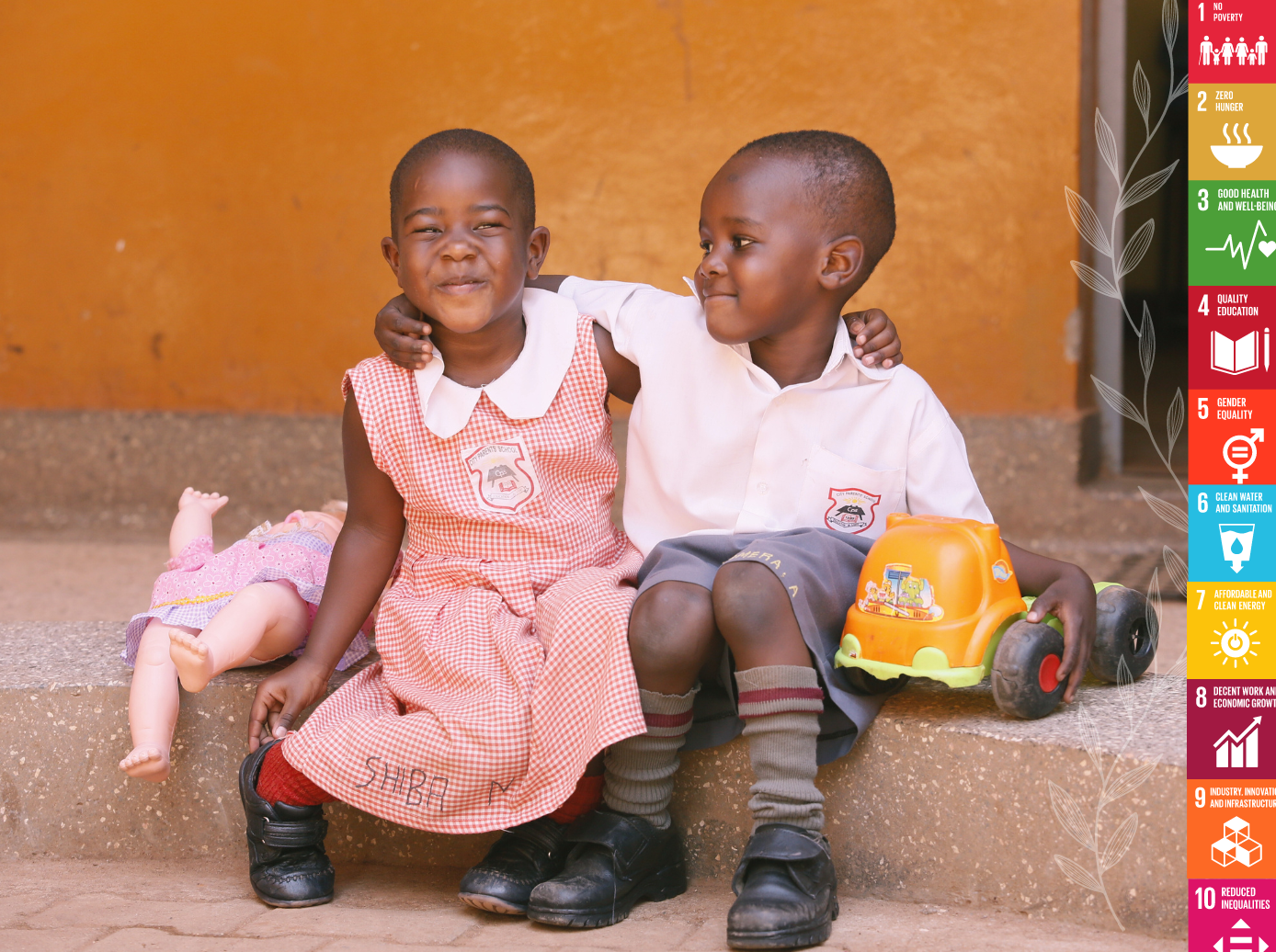Gavi 6.0: Strengthening Global Health Security
In part three of our series on Gavi 6.0, we look at how the Vaccine Alliance's global immunization work strengthens health security.
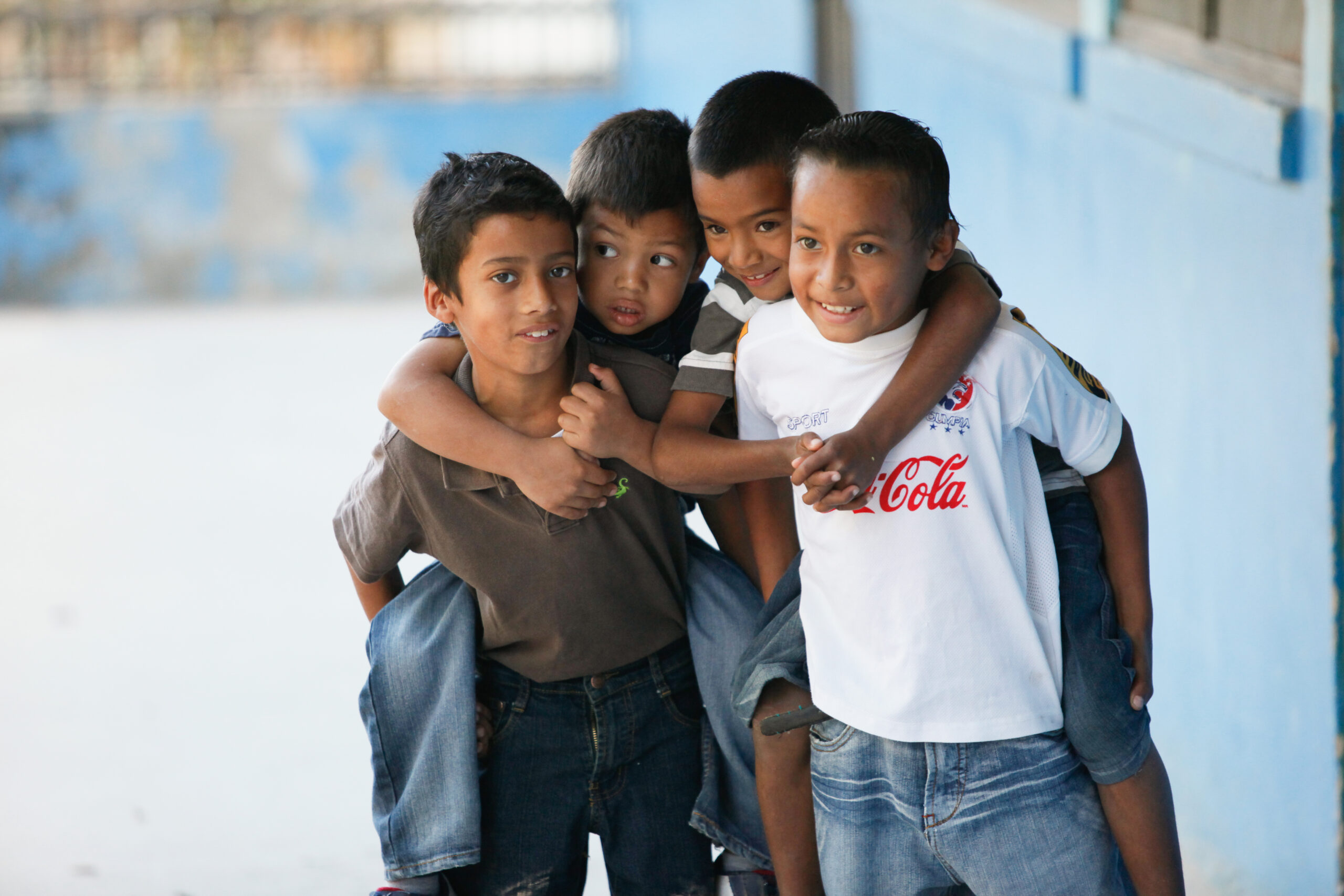
Global health security, and why it matters
As the COVID-19 pandemic demonstrated, diseases are not stopped by international borders. With billions of people traveling by air each year, the chances of a disease rapidly spreading to other countries are as high as they have ever been. In just 36 hours, an outbreak anywhere in the world can spread to major cities on other continents and precipitate a global health crisis. The need to invest in global health programs as a matter of security is therefore greater than ever.
USAID defines global health security as “the existence of strong and resilient public health systems that can prevent, detect, and respond to emerging infectious disease threats, wherever they occur in the world.” But strong, resilient health systems do not exist everywhere. In many lower-income countries, public health relies on support from international partners in the form of resources, expertise, capacity building, and more.
A range of global health and development investments contribute to building strong health systems overseas. Immunization is a particularly effective, and cost-effective, investment in health systems and outbreak prevention. Gavi, by helping to vaccinate children in more than fifty lower-income countries, has a particularly important role.
Vaccinating the world’s children
Gavi’s work to expand global vaccine access doesn’t just protect the children it helps vaccinate; it protects all of us from highly contagious, outbreak-prone diseases that could otherwise spread rapidly across borders. Since its founding in 2000, Gavi has helped vaccinate more than one billion children. Routine immunizations against highly contagious diseases, which Gavi plays a critical role in enabling, help to limit transmission and outbreaks.
But prevention can be fragile, and it requires continued high vaccination coverage. The latest WHO/UNICEF data has shown immunization rates stagnating around the world following the COVID-19 pandemic, with the resulting rise in infectious diseases already evident. As measles vaccine coverage has failed to recover to pre-pandemic levels, cases have tripled and at least 51 countries have seen large, disruptive outbreaks. With vaccination levels also dipping here in the U.S., the risk of another outbreak linked to international travel, like the one that hospitalized 36 children in Ohio in late 2022, is real.
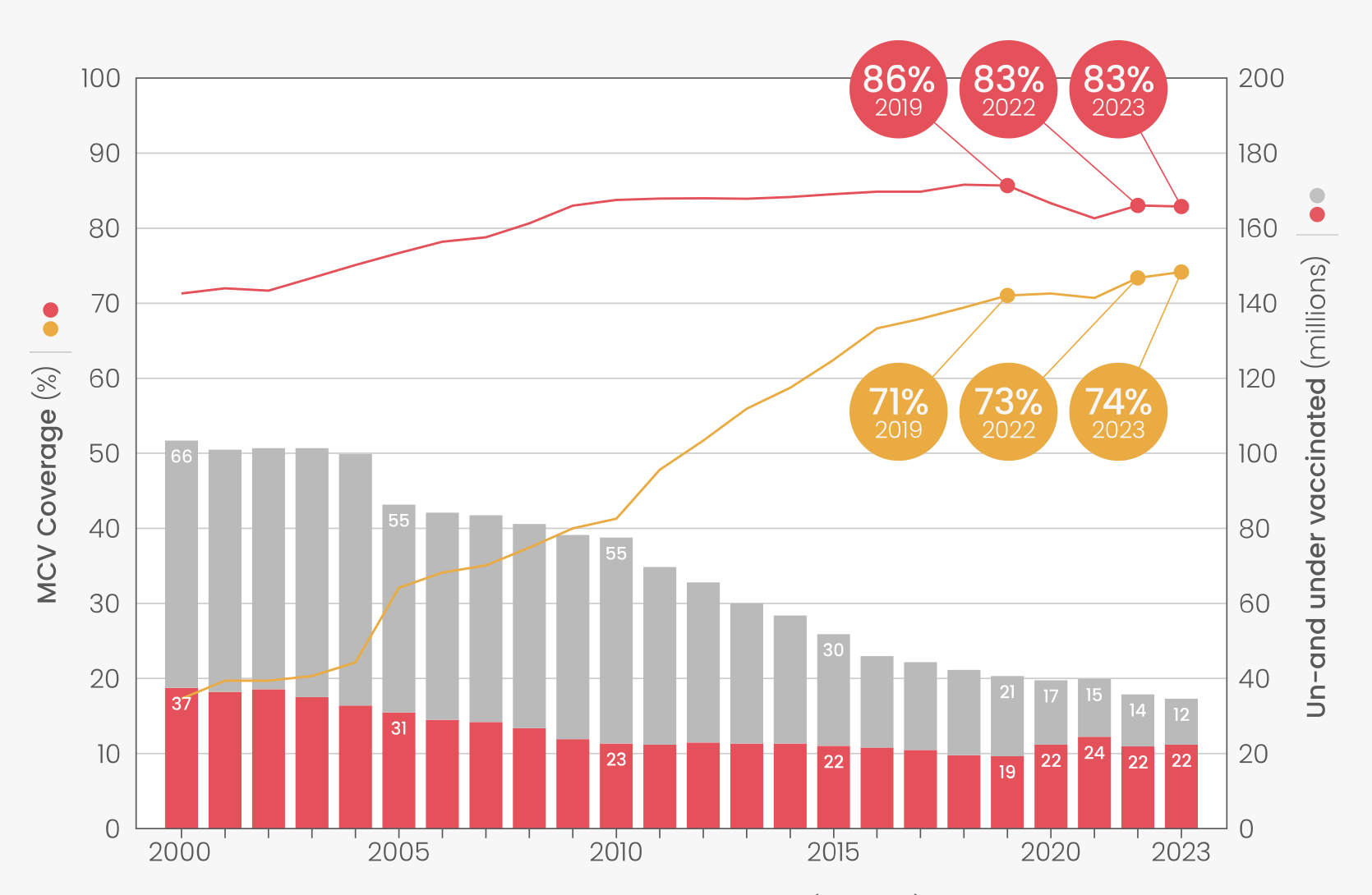
Gavi is one of the leading organizations working to reverse declining immunization rates and catch-up children who missed essential vaccines due to disruptions during the COVID-19 pandemic. Since the end of 2023, nearly 200 million vaccine doses have been allocated specifically to reach children in 35 low-income countries, many of which saw their immunization programs severely disrupted. Continued funding for the Alliance in its next strategic period will be critical to raising immunization rates, preventing future outbreaks, and stopping international transmission before it starts.
Responding to outbreaks
Beyond the importance of increasing routine immunization coverage for disease prevention, Gavi is expanding strategic vaccine stockpiles and establishing “Day Zero” financing mechanisms to support a rapid response to future health crises.
Gavi helps build and maintain emergency stockpiles of vaccines against deadly, outbreak-prone diseases like yellow fever, Ebola, cholera, and meningitis. Gavi-supported stockpiles have already played a role in responding to outbreaks but must be replenished and even expanded to deal with emerging disease threats.
In 2014, when the Ebola outbreak in West Africa began to reach emergency levels, Gavi was quick to act, rapidly approving $390 million to support the response to the outbreak, with $300 million of that for the procurement of vaccines and establishment of a new stockpile. Similarly, Gavi’s stockpile of oral cholera vaccine, also established in 2014, has been accessed 87 times by 22 countries, helping them reach emerging hotspots with surge vaccination capacity. However, cholera cases are on the rise, making the production and procurement of cholera vaccines increasingly urgent.
Preventing the next pandemic
Finally, the Day Zero Financing Facility for Pandemics (DZF) will make surge financing available for low-income countries in the event of a new pandemic or international public health emergency.
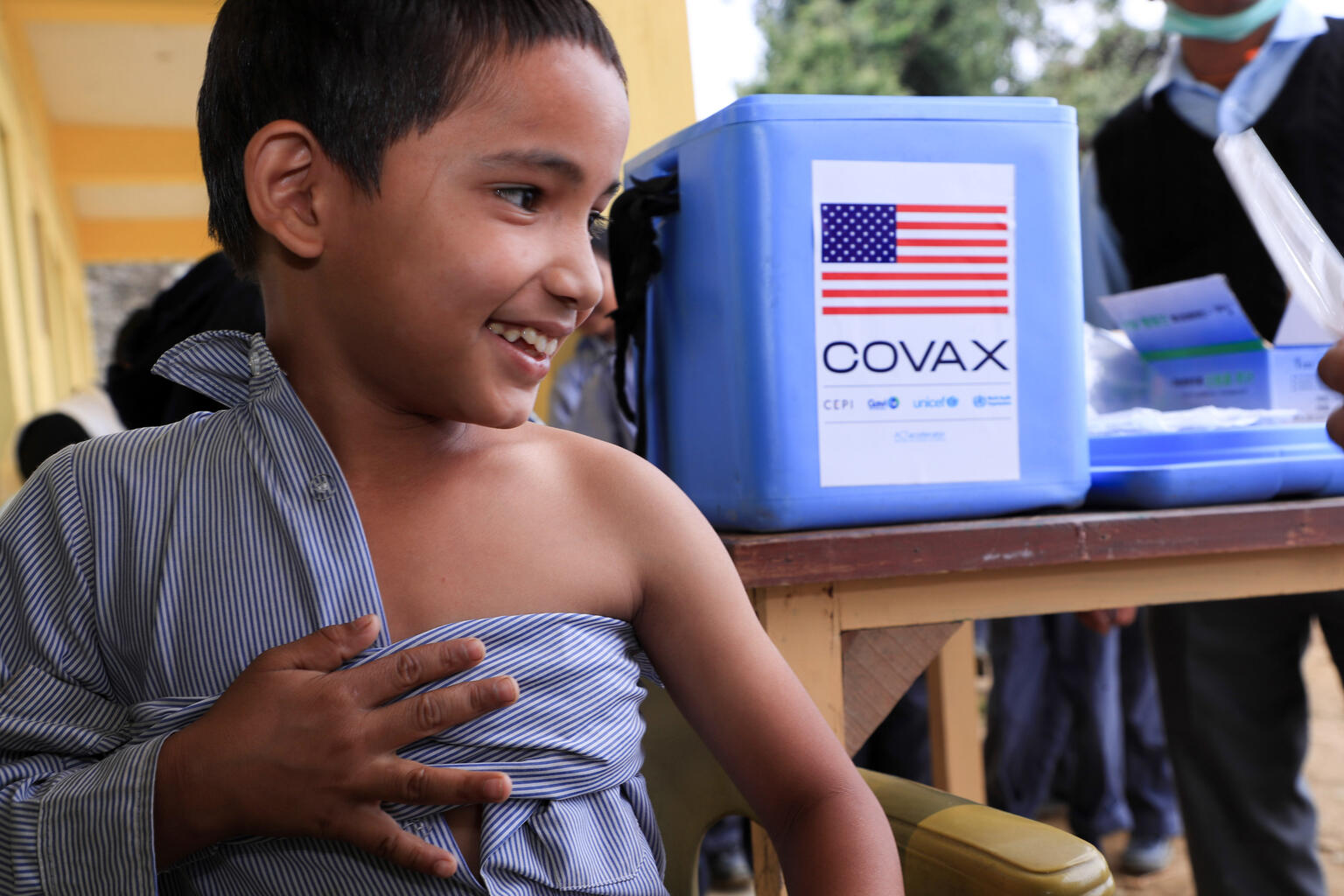
With this new approach, Gavi is building on the lessons of the COVID-19 pandemic. COVAX, a Gavi-led initiative to create equitable access to COVID vaccines, delivered nearly 2 billion vaccine doses and averted an estimated 1.7 million deaths. But the lack of rapidly available funding to secure contracts with manufacturers meant delays in the delivery and rollouts of desperately needed vaccines.
The DZF aims to solve this problem through a number of financial instruments, including a $500 million First Response Fund that will make resources available within days of a new crisis. The funding will help protect immunization infrastructure and support the procurement of needed vaccines virtually right away, so that affected low-income countries are not forced to delay surge vaccination campaigns.
A healthier future for all
Recent health crises from Ebola to COVID-19 have demonstrated the interconnectedness of our planet, our people, and our health. They have also shown that immunization is one of the keys to preventing outbreaks before they can spread and quickly reacting to them once they begin.
Gavi immunizes the world’s most vulnerable, hardest-to-reach children, maintains essential vaccines stockpiles, and is now developing innovative new financing mechanisms to ensure a more equitable response to the next pandemic. As Gavi enters its next chapter, it needs robust investment by donors and the full support of all those who care about building a healthier future for all.

